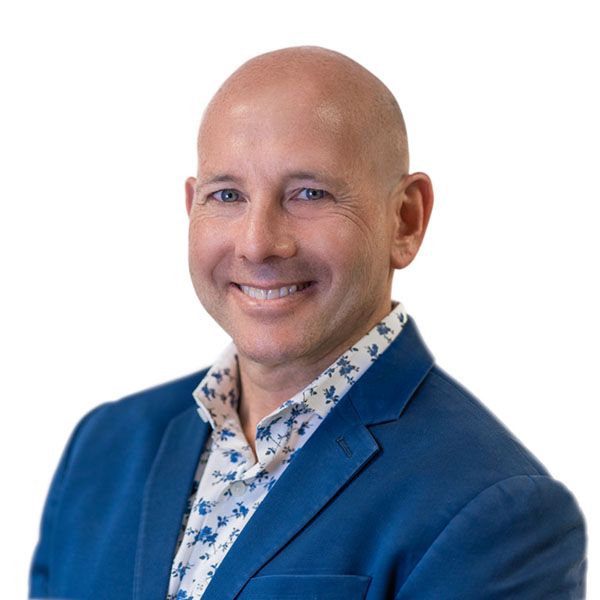Do Narcotics Anonymous Meetings Work (And Where to Find Them)?
Undoubtedly, the Alcoholics Anonymous and the Narcotics Anonymous 12-step programs are the most recognized in the world as a treatment for substance use disorder. While it is widely recognized, is it really an effective way to treat a drug addiction? We will discuss the evidence of the program’s effectiveness, explore what one can expect at these meetings, and look at how to find Narcotics Anonymous meetings in your area.

Do Narcotics Anonymous Meetings Work? What to Expect and How to Find Meetings in Your Area
Want to learn more about Narcotics Anonymous? Click Here
Are Narcotics Anonymous Meetings Effective?
So, are Narcotics Anonymous meetings worth going to if you have an addiction? In a study entitled “How Alcoholics Anonymous (AA) and Narcotics Anonymous (NA) Work: Cross- Disciplinary Perspectives” on the National Center for Biotechnology Information, NA is estimated to be twice as effective than if you don’t receive any form of treatment.
Some of the criteria that measure the effectiveness include:
- Dose-response relationship
- Strength of association
- Consistency of the association
- Specificity of association
- Correct temporal order
- Coherence with existing information
So, do NA meetings help? In the study, there was strong evidence to suggest that all but one of the criteria were met in the NA program. They found that a large part of the effectiveness of Narcotics Anonymous meetings and the twelve-step approach is the attendance; the higher the attendance, the more likely the person will remain drug-free.
What to Expect at NA Meetings Near Me
Now that we’ve explored the question “do NA meetings help?” we will discuss what one can expect when going to NA meetings. Whether you have finished a rehab treatment program and are looking for ways to continue your support, or you are attempting to go to Narcotics Anonymous meetings as your primary method of beating addiction, it can be a daunting thought to stand up in front of strangers and talk about private matters. Of course, talking about your private life and substance abuse is just one part of the NA meetings 12 steps.
What are the NA Meetings 12 Steps?
To start things off, we’ll explore what the 12 steps of the NA program are so that you have a better idea of what to expect at the support group. The 12 steps are the same as the Alcoholics Anonymous program, but with a focus on drugs as opposed to alcohol abuse. Both of the programs have a foundation in the spiritual realm; the NA program incorporates God or a Higher Power as a major part of its principals.
The NA meetings 12 steps are as follows:
- It starts with admitting that you don’t have control over your addiction and it has reached an unmanageable state.
- The next step is to admit that a Higher Power is the only way to restore your life and regain your sanity.
- A personal decision must then made to relinquish your life to God.
- A fearless moral inventory of your past and current self must then be made.
- The wrongdoings of your past must then be admitted to yourself, to a Higher Power, and to another person.
- This step revolves around preparing oneself to allow God to remove any defects you may have.
- You must then ask a Higher Power to rid you of your shortcomings.
- Create a thorough list of all the people that you wronged in the past through your addiction.
- Using the list, you make amends to the people you wronged as long as it doesn’t cause them further pain.
- A further list of wrongs is worked on, admitting promptly when you were wrong.
- Commune and connect with God through prayer and meditation asking for knowledge and the power to carry out His will.
- After achieving a spiritual awakening through these steps, you must then carry what you learned and the message of the 12 steps to other people in the program, as well as continuing to work on your own affairs.
What You Can Expect from Your First Time in NA
It’s perfectly normal to feel nervous about your first time in NA among so many people that you’ve never met. However, there’s nothing to feel nervous about because every person in the room went through the same thing on their first day. One of the first things that will help to assuage your nervousness is the welcome you receive; because everyone knows what it’s like to be in your shoes, and due to the 12th step, many people at the meeting are more than welcoming, greeting you with handshakes and hugs. You will likely not be expected to stand up in front of everyone and speak on your first visit – it’s more a time to get settled in and listen to what's being said and how the meeting is run. Your next time at the meeting will be far more relaxed since you’ll recognize some people who have already introduced themselves to you.
Types of Meetings Not all meetings are run in the same way. In general, you’ll find the following types of meetings:
- Big Book – In this format, everything about the Big Book is discussed, which is the original source of the program.
- Speaker – Speaker meetings will have a single member stand and talk about their recovery story, after which everyone will discuss it.
- Closed meetings – These meetings are only open to those who have an addiction or fear that they might have an addiction.
- Open meetings – Anyone can join this meeting, including those who aren’t addicts.
- Discussion – These meetings allow for everyone at the meeting to take their turn and share their experience.
NA Meetings Near Me
Now that you have the gist of NA, you might want to find a meeting in your area. Thankfully, there are NA meetings throughout the country, and there may even be one right by you. To help you locate the meetings near you, Better Addiction Care has devised a way to search for meetings in your area. To use the feature, simply do the following:
- Click on the “Select a State” option in the Menu, and choose your state.
- You may then choose your city or county.
- Navigate down the page to find all of the NA and AA meetings near you.
- You may narrow your search more by selecting the days of the week you would like to go.
If you or a loved one is struggling with addiction, get help right away. Make a phone call that will connect you to a professional drug treatment center. The call you make may save your life or the life of someone you love. Call us today at (800) 429-7690.






